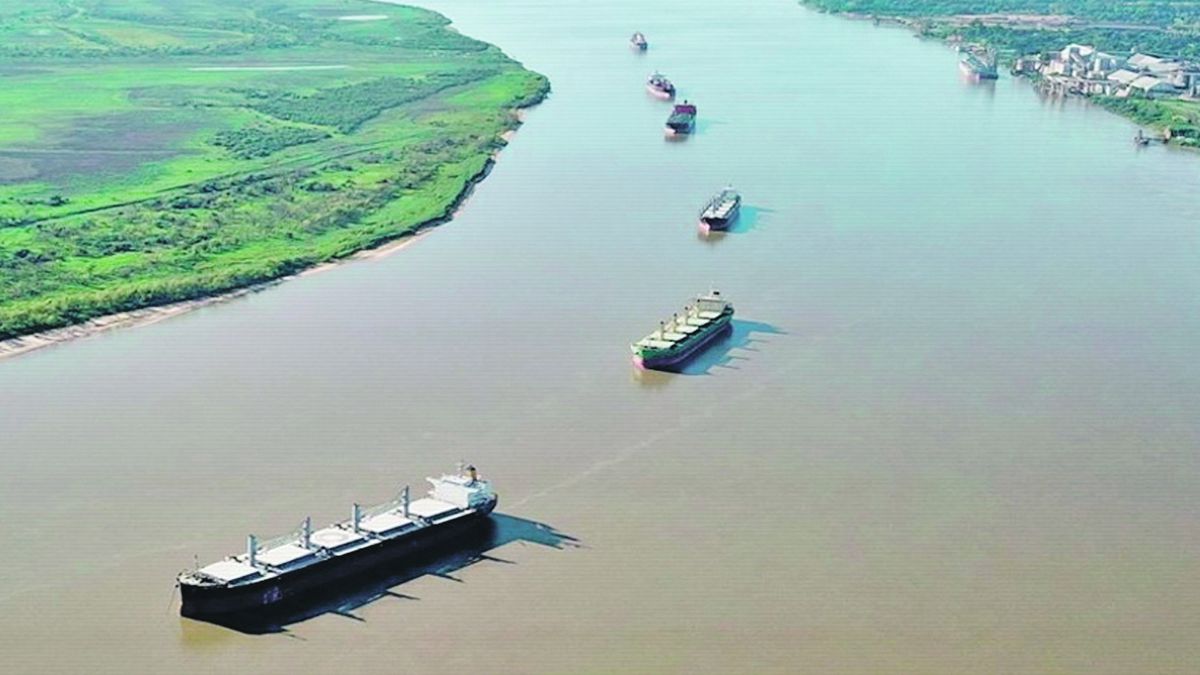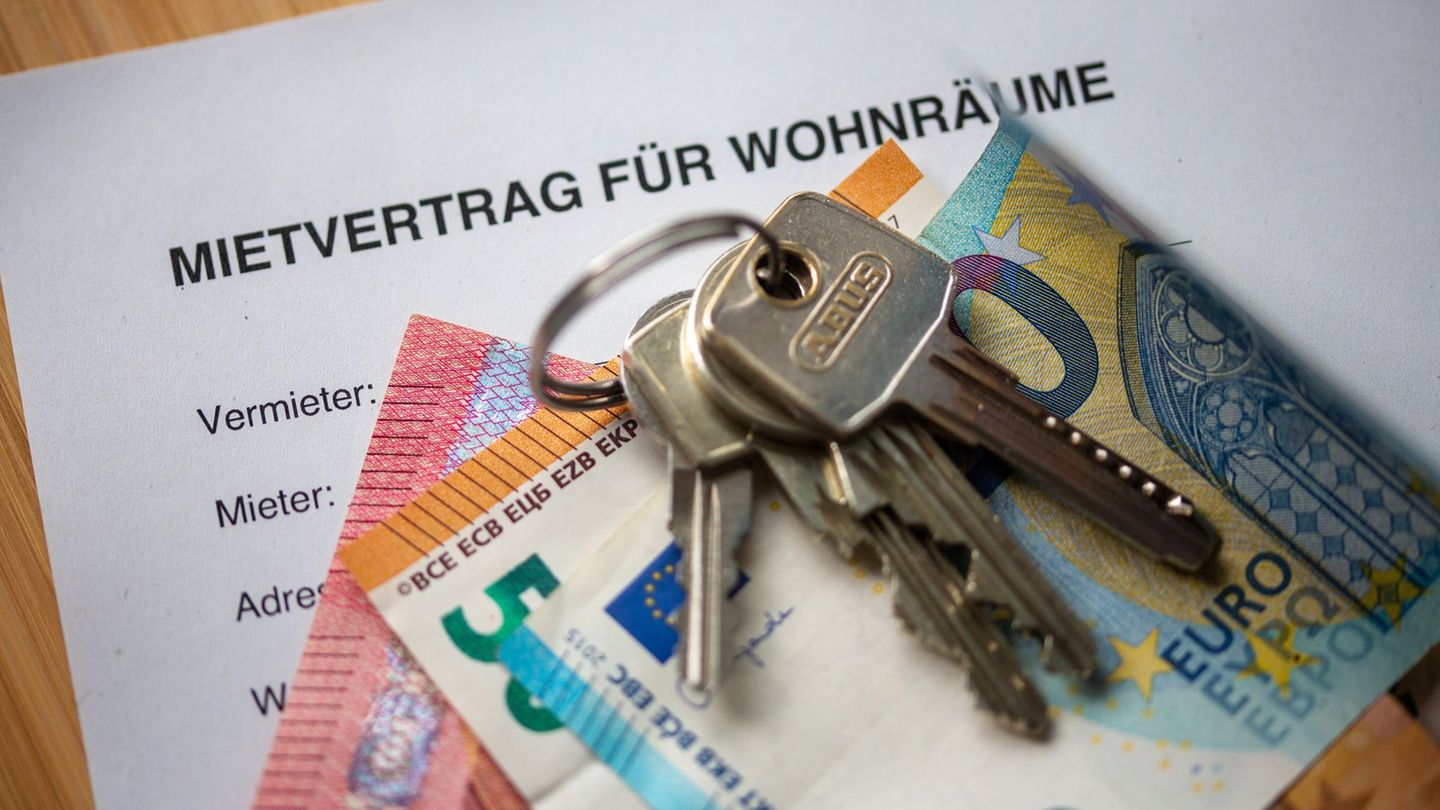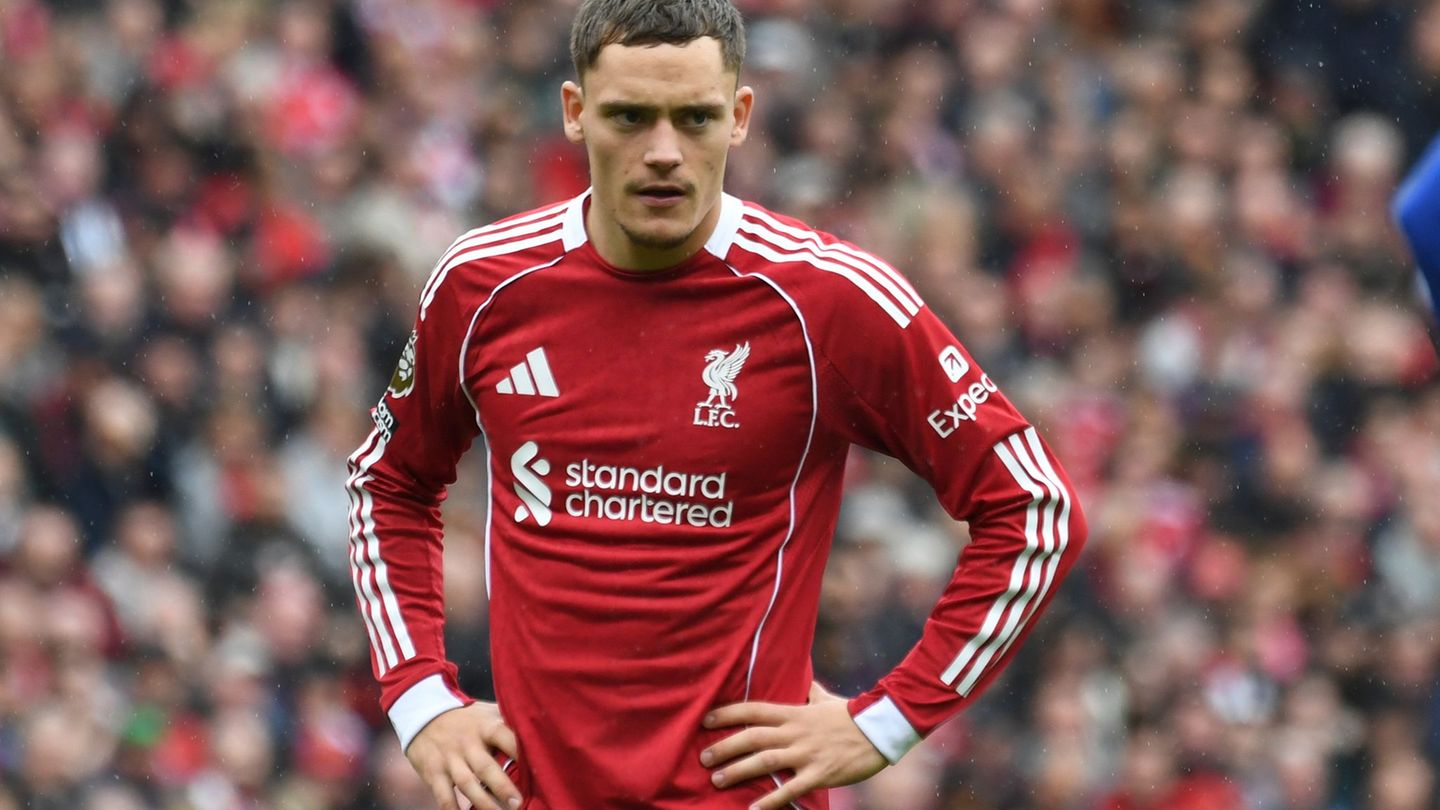More than 1,400 kilometers of river link the ports and fluvial terminals of the Paraná River with the Río de la Plata and the ocean. The maritime channel connects Argentina with Brazil, Bolivia, Paraguay and Uruguay. Through this channel, 81% of the volume of agricultural exports and 96% of container traffic with industrial production leave.
Today the concession is held by Hidrovía SA, an integrated conglomerate, among other things, by the Belgian company Jan de Nul (in charge of dredging) and the Argentine EMEPA SA in beaconing. In 2011, the concession was renewed for ten through a decree, but the government will once again call for a bidding process.
Maintaining the concession does not seem to be an option: it is a loss of competitiveness of local producers and a higher logistics cost for having to depend on foreign legislation in national waters for the navigation of vessels. This indecision – due to various factors to be enumerated – It has already caused a loss to the state of at least US$10 billion. This is due to freight cost overruns, payment of services to Montevideo and illegal fishing.
Given the delays in 2021, it was decided that the concession would pass into the hands of the General Administration of Ports (AGP) in September 2021 for one year. Today the AGP controls the collection of the toll. The country had a navigability of its interior rivers subject to Argentine laws until the 90’s. But after privatization, the country stopped controlling what happens at least in the entire South Atlantic.
At the same time, the loss of ships flying the Argentine flag is deepening because it is not a profitable activity. A national company has to pay Value Added Tax (VAT) for fuel, Gross Income Tax and other property taxes, in addition to the fact that the cost of local labor is higher than that of Paraguay. As a consequence, of every 100 ships that circulate along the Paraná River to Asunción, only 3 or 4 are units that display the blue and white flag. If the ships are not from Paraguay, most are from Panama or the Ivory Coast, which offer more attractive conditions to companies for hiring personnel. In addition, a labor lawsuit is resolved in the courts of the flag country.
Also, the fact that transnational exporters have come to dominate the Paraná River through Montevideo and Nueva Palmira allows them to lower production through internal Argentine rivers from Brazil and Paraguay without passing through Argentine ports, which prevents them not only from paying withholdings but also the costs of dredging.
The doubts that arise from the private sector is that if instead of losing that amount of foreign exchange per year by paying international freight to transport their own merchandise, the fiscal stimulus to the sector were reversed, the loss would perhaps be less. From the Employers Center they believe that the flight of ships is due to the lack of regulation of the Merchant Marine Law vetoed during the government of Mauricio Macri, the high local tax pressure and the state, provincial, municipal, port bureaucracy, of the customs authorities and security police.
The government’s objective is to carry out the long bidding process that defines the concessionaires of the Vía troncal for a term of 10 years or more. This process will be supervised by the National Entity for the Control and Management of the Navigable Way, an organization chaired by the mayor of Escobar on license, Ariel Sujarchuck.
Although the process is arduous: call for tenders, approval of specifications, pre-selection of bidders, presentation of proposals, analysis and challenges, it is expected that this matter will be sealed in 2022.
Source: Ambito
David William is a talented author who has made a name for himself in the world of writing. He is a professional author who writes on a wide range of topics, from general interest to opinion news. David is currently working as a writer at 24 hours worlds where he brings his unique perspective and in-depth research to his articles, making them both informative and engaging.




